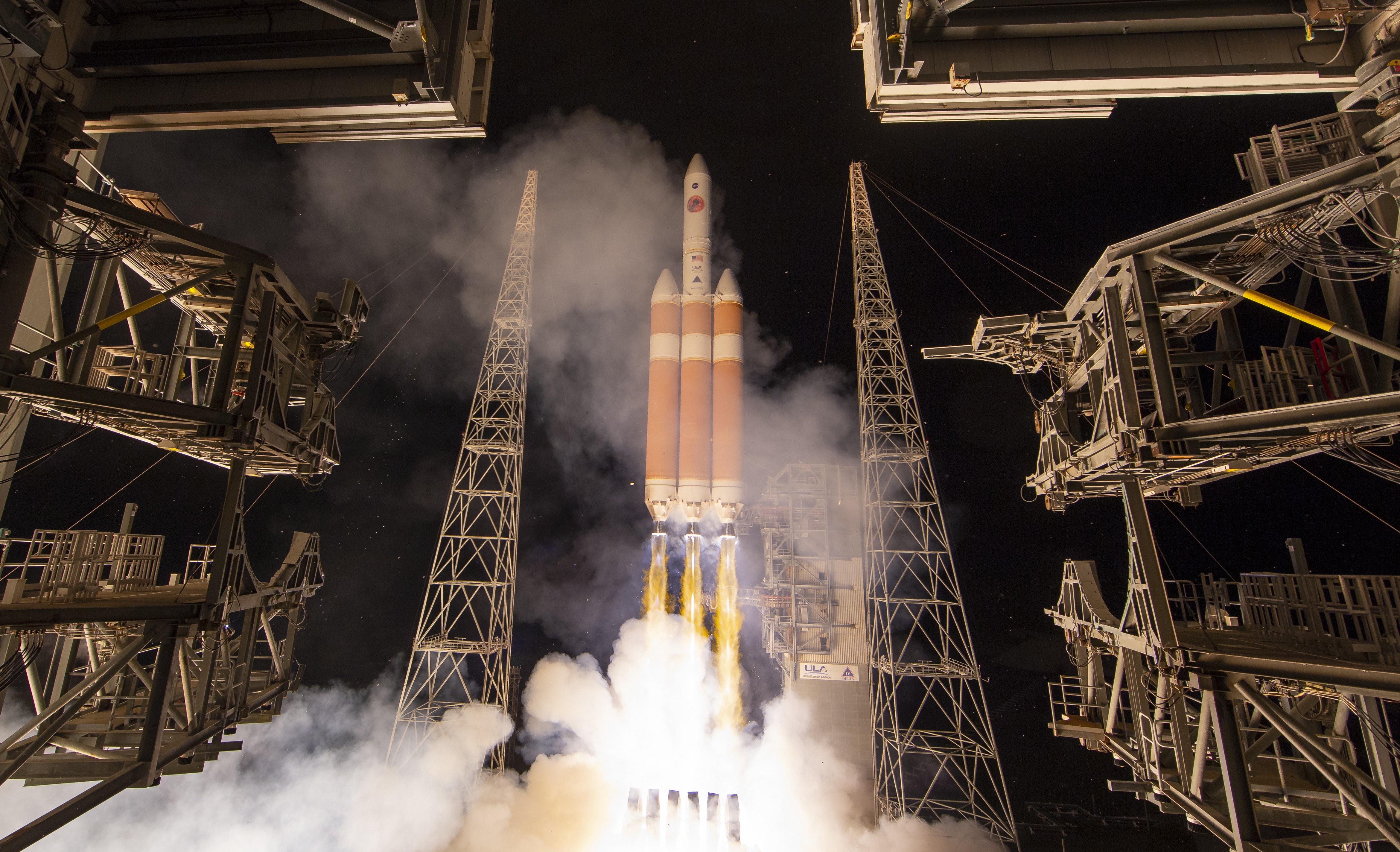Nasa Parker Solar Probe: mission to ‘touch the Sun’ gets off to rocky start
Launch delayed by technical problem before space agency briefly loses contact with the star-bound rocket

A free daily email with the biggest news stories of the day – and the best features from TheWeek.com
You are now subscribed
Your newsletter sign-up was successful
Nasa’s mission to “touch the Sun” is under way following the launch of the Parker Solar Probe early on Sunday morning.
The satellite was due to lift off on Saturday, but a technical fault forced the US space agency to postpone the launch, The Guardian reports.
The probe finally blasted off from Cape Canaveral space port, in Florida, the following day at at 3:31am (8:13am UK time) - only to experience technical troubles around 40 minutes into the flight.
The Week
Escape your echo chamber. Get the facts behind the news, plus analysis from multiple perspectives.

Sign up for The Week's Free Newsletters
From our morning news briefing to a weekly Good News Newsletter, get the best of The Week delivered directly to your inbox.
From our morning news briefing to a weekly Good News Newsletter, get the best of The Week delivered directly to your inbox.
According to The Sunday Times, Nasa briefly lost contact with the spacecraft, creating a “nervous” atmosphere in the mission control room until communications resumed.
The $1.5bn (£1.2bn) mission marks the agency’s first attempt at sending a probe to the centre of the solar system, where the craft will get within 3.8 million miles of the Sun’s surface, Metro reports.
Although that distance may sound too far to justify Nasa’s claim that it will “touch” the star’s surface, the probe is expected to break through the Sun’s atmosphere - known as the Corona - a total of 24 times over seven years while gathering data about its climate.
The spacecraft is named after Eugene Parker, a 91-year-old physicist who first predicted the existence of solar wind in 1958, the Daily Express says.
A free daily email with the biggest news stories of the day – and the best features from TheWeek.com
While “only the size of a car”, the satellite is tough enough to withstand temperatures of 1,300C and to travel at speeds of up to 430,000mph, the newspaper adds.
Scientists expect the Parker Solar Probe to cover the 89-million-mile distance to the Sun’s Corona by November, after using Venus’s gravitational pull as a slingshot towards the star in October, Sky News reports.